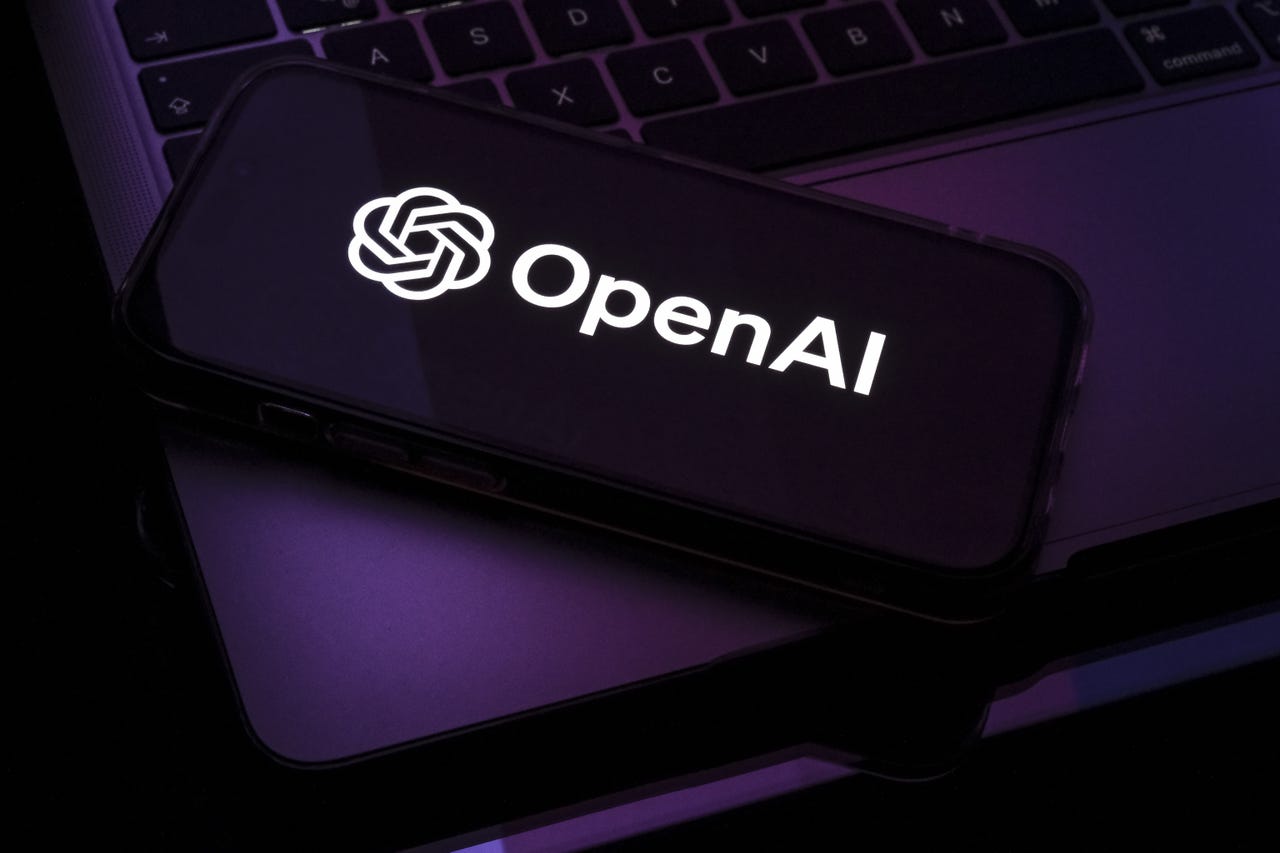
































ChatGPT Plugins are -- or should I saywere? -- add-on tools developed specifically for OpenAI's ChatGPT AI-powered large language model (LLM). They were very useful, but soon ChatGPT Plugins will come to an end. OpenAI is replacing them with itsnewer Generative Pre-trained Transformers (GPT) .
As of March 19, users will no longer be able to install new plugins or start new conversations with the existing ones. However, ongoing plugin conversations will continue working until April 9, which gives you a grace period to wrap up your activities.
Also: ChatGPT vs ChatGPT Plus: Is it worth the subscription fee?
What's that you say? You can't live without a particular plugin? OpenAI suggests you search for a GPT replacement in the GPT store, which has a search functionality that allows you to search for the name or other details about a plugin that you used.
For example, my favorite Internet search plugin was Link Reader. Fortunately, Link Reader is now available as a GPT under the new name Browser Pro.
Why is OpenAI doing this?
Simple: Developers found it much easier to build GPTs than plugins. At their most popular, plugins numbered just over 1,000, compared to hundreds of thousands of GPTs. It had become crystal clear that end users and developers alike greatly preferred GPTs.
In addition, OpenAI notes that GPTs already offered full feature parity with plugins, along with an array of new functionalities that were developed in response to user requests.
Also: ChatGPT can now read its responses aloud
You non-programmers may be wondering what the difference is between ChatGPT Plugins and GPTs. They represent two different approaches to the same goal of enhancing AI-driven conversations and application capabilities. Here's a breakdown of the key differences:
Integration with external services:ChatGPT Plugins allow the ChatGPT model to interact with external services and APIs. This means that the AI can fetch real-time data, perform actions like booking reservations, or retrieve information from the web directly within the conversation.
Extendibility:The plugin system extended ChatGPT's functionality by integrating with a wide range of third-party services and tools, effectively enabling ChatGPT to perform tasks it couldn't do on its own.
Customization:Developers could create custom plugins to cater to specific needs or functionalities not inherently available in ChatGPT, allowing for personalized user experiences.
Also: The best AI chatbots: ChatGPT isn't the only one worth trying
Self-contained AI models:GPTs are standalone AI models trained on LLMs. Based on the information they were trained on, they can generate text, answer questions, create content, and more.
 Hot Tags :
Innovation
Hot Tags :
Innovation